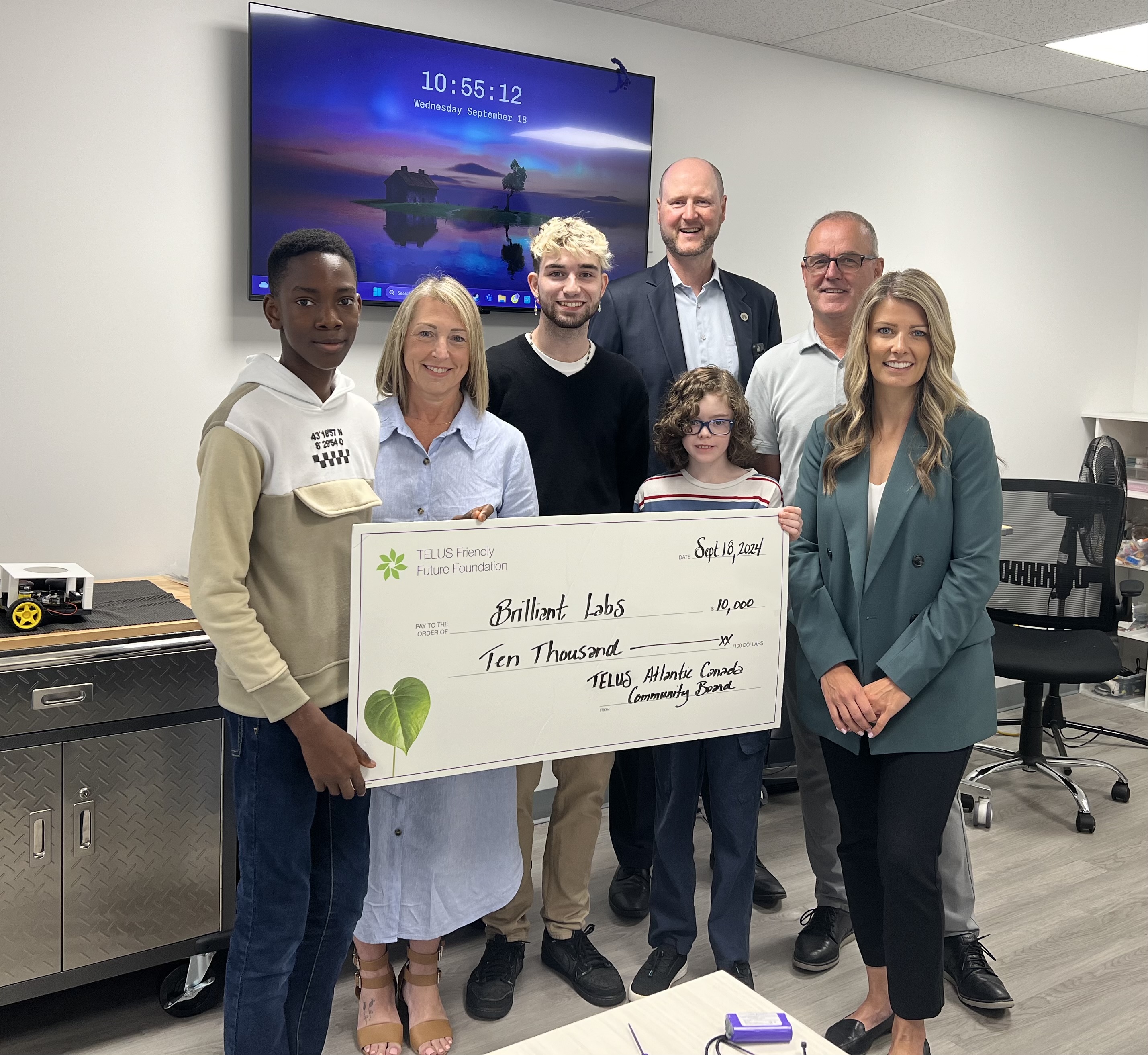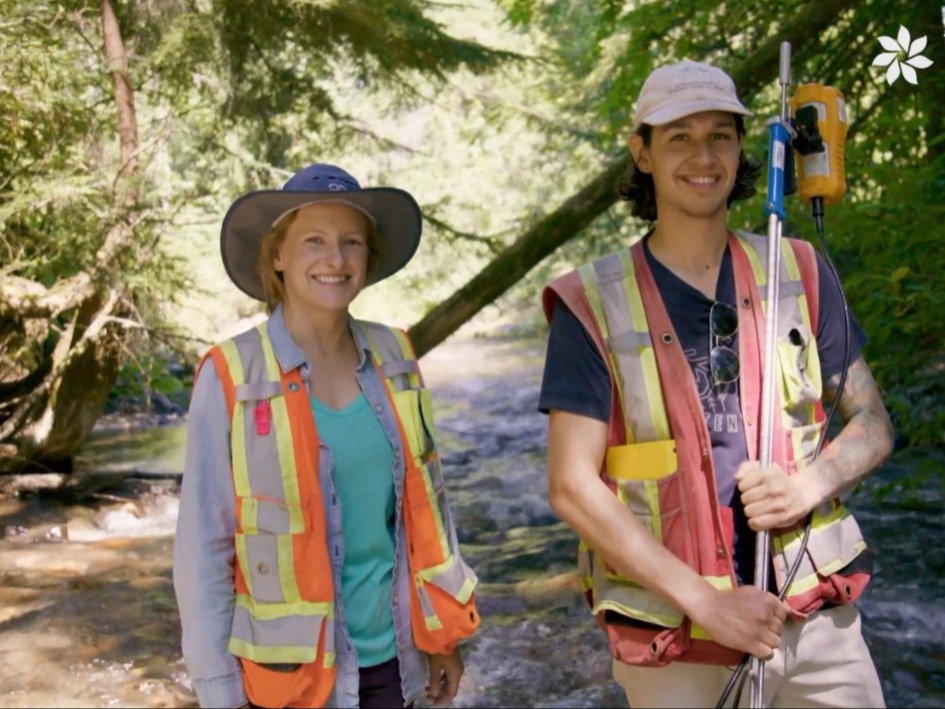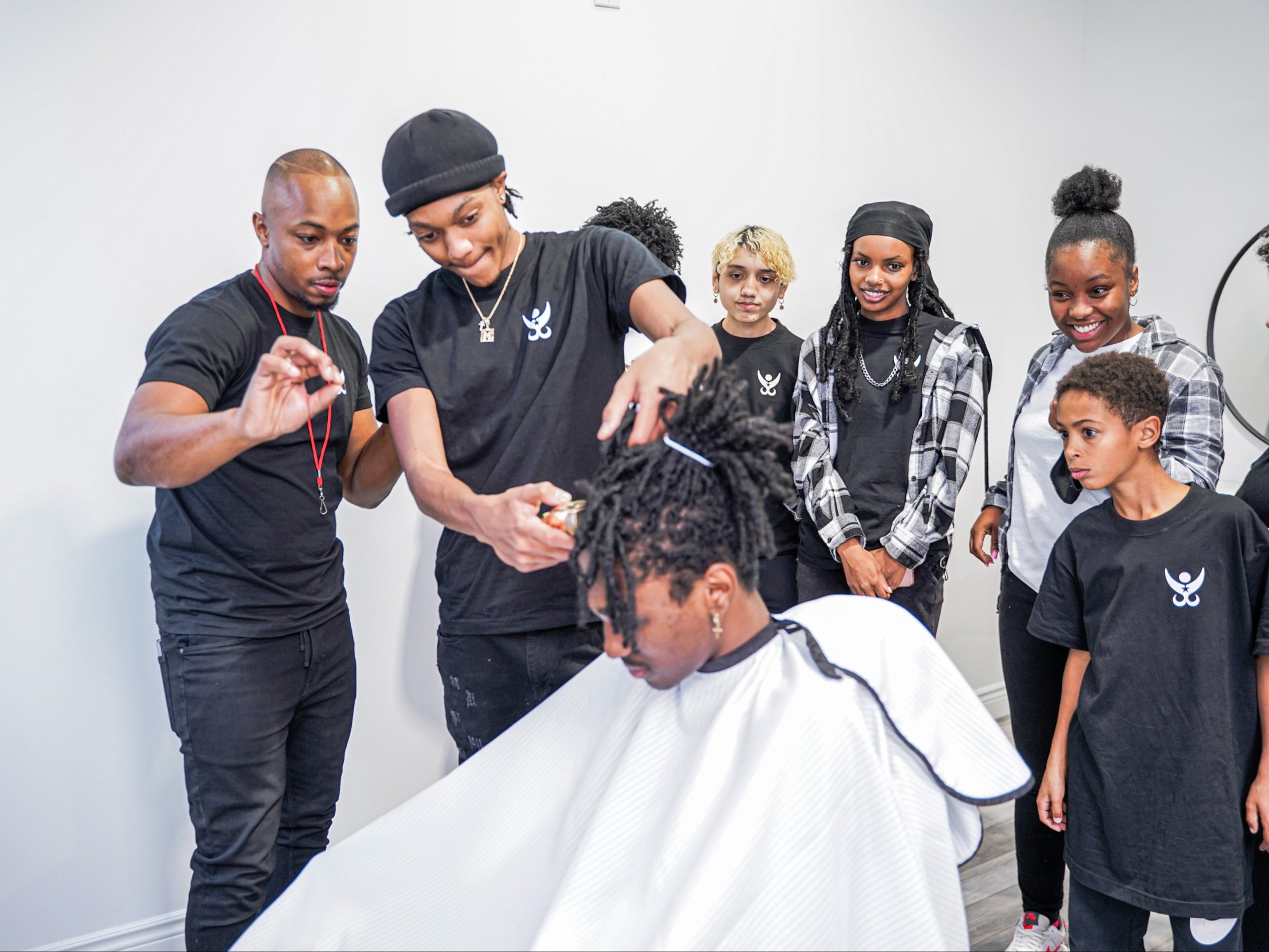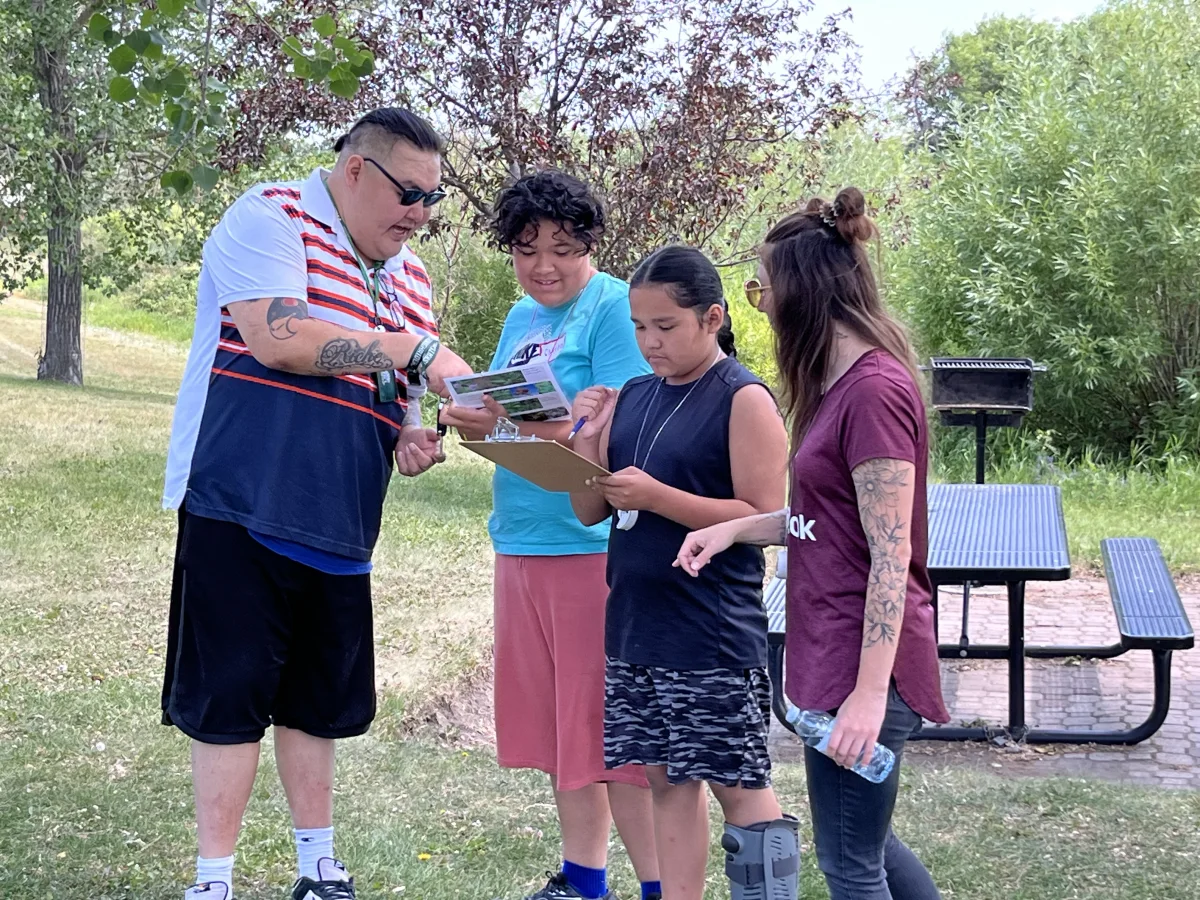
Education
How this science camp is opening doors to brighter futures for Indigenous youth
Aug 4, 2023
When Mel Hart, the Associate Dean of Science at the University of Regina saw Jacob* at a new student orientation, she felt overjoyed with pride. It was a full circle journey to see a camper from their Science Camps for Saskatchewan Indigenous Youth go on to pursue a university degree in science.
Youth who are exposed to STEM-based learning (science, technology, engineering and math) have the opportunity to develop new skills, build confidence and discover career paths they may not have considered before. This is especially true for Indigenous youth like Jacob who attended University of Regina’s Science Camps for Saskatchewan Indigenous Youth (SCISIY), which received a grant from the TELUS Manitoba and Saskatchewan Community Board in 2023.
According to a
2023 report
released by Saskatchewan’s provincial auditor, less than 50 per cent of Indigenous students graduate high school within three years of beginning grade 10, compared to 88.7 per cent of non-Indigenous students. University of Regina’s science camps are working toward improving graduation rates and sparking new interests by providing Indigenous youth aged 12-18 access to STEM-based learning in new, hands-on ways.
“Our Science Camps for Saskatchewan Indigenous Youth partners with local Métis and First Nations communities to give youth access to STEM-based learning in a fun, supportive environment that many haven’t experienced before – where western science and Indigenous perspectives co-exist,” said Douglas Farenick, Dean, Faculty of Science at University of Regina.
Two-eyed seeing: blending western science with Indigenous perspective
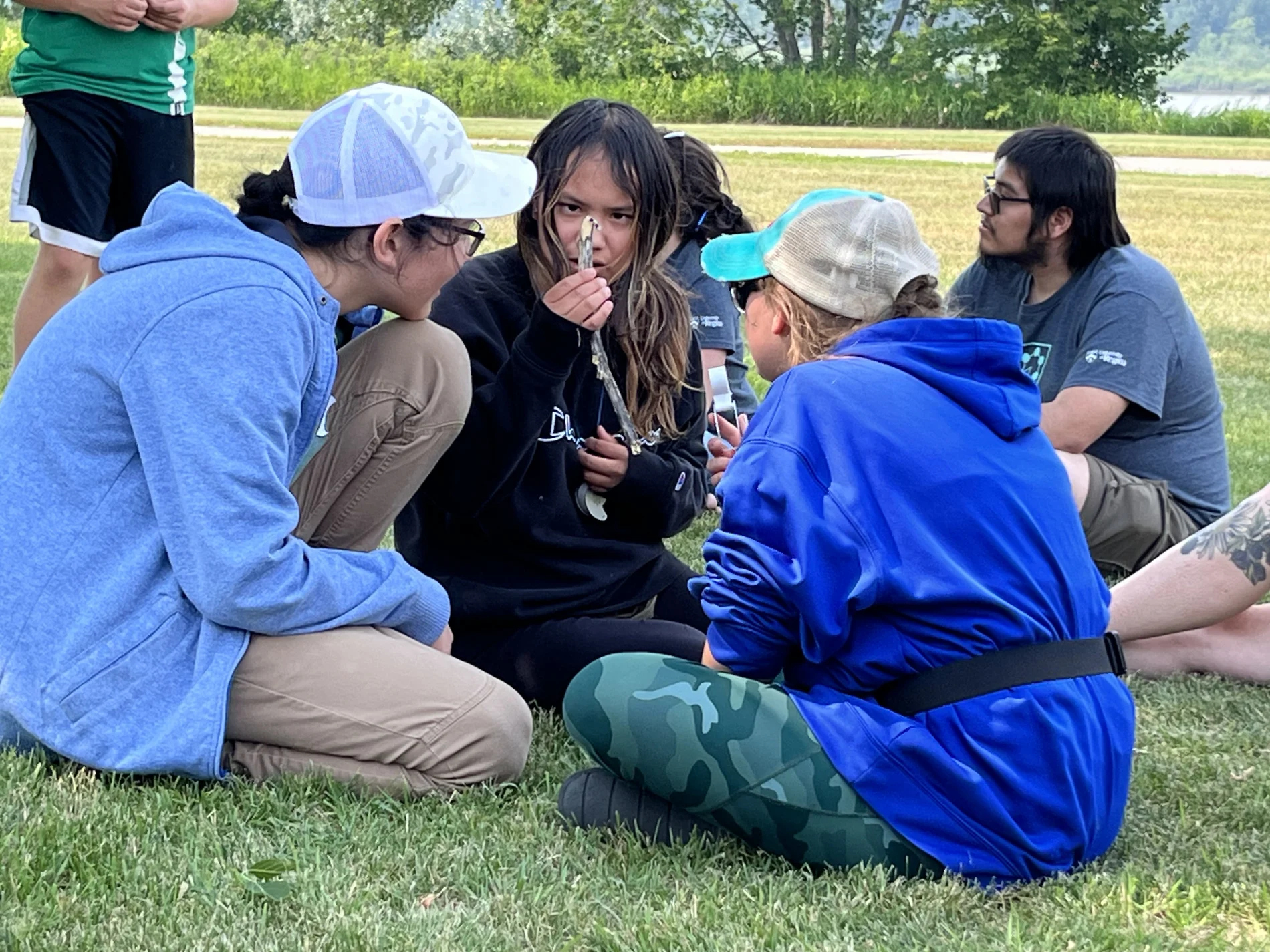
University of Regina’s SCISIY is a partnership between the University’s Faculty of Science, First Nations University of Canada and select community partners. The camps, which are held in communities across Saskatchewan with a high concentration of Indigenous peoples, focus on immersing Indigenous youth in sciences and stimulating an interest in STEM. They do this by incorporating land-based and cultural teachings with math and coding activities put on by professors and student leaders from the University’s Faculty of Science. These student leaders serve as role models for the youth as campers are able to see people who look like them pursuing post-secondary education and working in STEM-related fields.
The camps embrace a “two-eyed seeing” philosophy where western science is complemented by an Indigenous perspective. One of the ways the camps connect western science with Indigenous practices is by having Elders share teachings of traditional ways of knowing on scientific topics addressed in the camps. Since many of the youth attending the camps don’t have access to Elders and local Knowledge Keepers or a strong connection to their cultural teachings, the camps provide a safe space to learn and engage with their traditional practices. For example, the camps open with a traditional ceremony, and each day begins with a smudge. Important lessons about the significance, traditions, and practice behind sweat lodges, tipis and connections to land and water are incorporated into camp programming.
“So many of the youth come to the camps with a detached attitude, but many of them leave with a massive smile and excitement about science,” said Karin Rustad, a University of Regina biologist who serves as a camp leader for all of the camps. “This summer we had two campers who were hesitant to interact with anyone in the beginning, and by the end they were leading activities and making sure everyone else was engaged and having fun.”
A glance inside University of Regina’s science camps
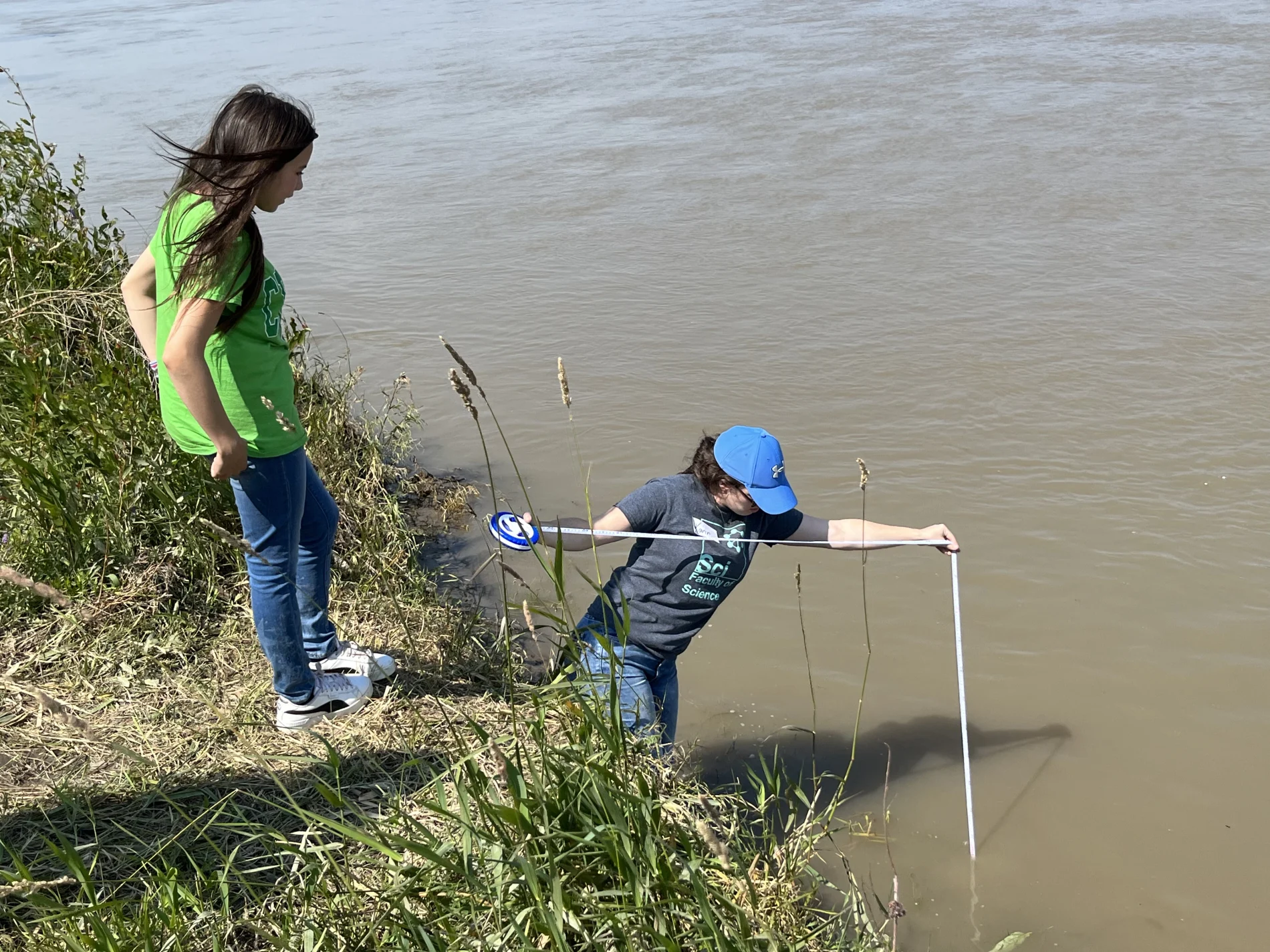
The camp programs are designed to show youth that science is more than sitting at a desk and reading a textbook – it’s hands-on and ties back to Indigenous knowledge. For example:
- One of the student leaders applied the learnings from their master’s degree program to create a land-based activity where students go on nature hikes to identify species of plants and log them in a guidebook to understand what they’re used for and their traditional names and significance.
- Since the communities where the camps take place have a deep connection to watersheds, portable, real-time water-quality testing kits are used to teach youth how to collect water samples, take measurements, analyze data and ultimately feel a sense of connection to the health of their local lakes.
- As it relates to coding, which is an essential skill for STEM-related jobs, camp activities revolve around mathematical games and the use of online platforms such as code.org and Snap to teach youth the fundamentals of coding.
Building mentorship into the camp experience
Mentorship is a key element of the summer camps. Campers meet mentors from the Saskatchewan STEM community to sustain and nurture relationships created throughout the camp experience. This relationship provides youth like Jacob with someone at the University to connect with, helping to increase their likelihood of attending post-secondary education, especially within STEM-related programs. With low enrollment among Indigenous students in university sciences, this mentorship component supports the camp’s overall goal of increasing access to post-secondary education in STEM. The mentors help foster a sense of self-worth and give youth the confidence they need to pursue a university degree.
“Seeing a camper [Jacob] join the Faculty of Science at the University after they graduated high school was so satisfying to me and the rest of the student leaders,” Karin Rustad went on to say. “I think we will see even more Indigenous youth go on to pursue STEM fields by continuing to grow our summer camp programming.”
Inspiring Indigenous youth to discover new careers
TELUS Friendly Future Foundation supporters are making it possible for youth to learn critical skills that will spark new career options. Thanks to a grant from the TELUS Manitoba and Saskatchewan Community Board, the University of Regina has expanded their SCISIY to reach more young people in Fort Qu'Appelle and Prince Albert. Together, we’re helping youth like Jacob pursue post-secondary education in STEM-related fields.
*Name changed to keep camper anonymous
